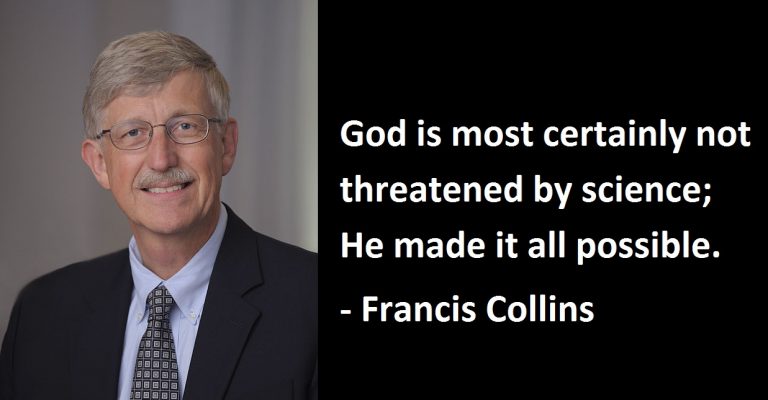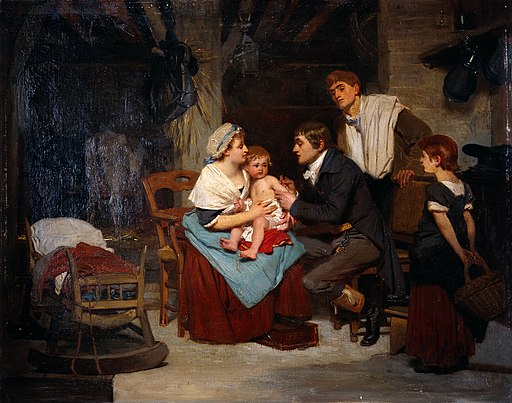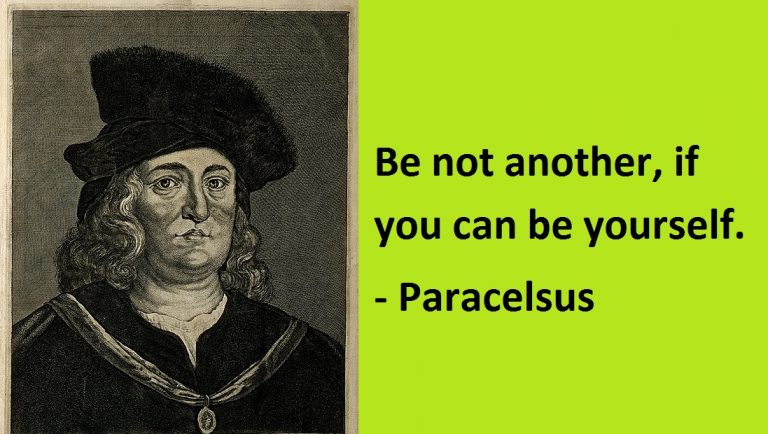The discipline of desire is the background of character.
— John Locke
All men by nature are equal in that equal right that every man hath to his natural freedom, without being subjected to the will or authority of any other man; being all equal and independent, no one ought to harm another in his life, health, liberty or possessions.
— John Locke
What worries you, masters you.
— John Locke
The end of law is not to abolish or restrain, but to preserve and enlarge freedom. For in all the states of created beings capable of law, where there is no law, there is no freedom.
— John Locke
Every man has a property in his own person. This nobody has a right to, but himself.
— John Locke
The government has no other end, but the preservation of property.
— John Locke
No man’s knowledge here can go beyond his experience.
— John Locke
The improvement of understanding is for two ends: first, our own increase of knowledge; secondly, to enable us to deliver that knowledge to others.
— John Locke
To love our neighbor as ourselves is such a truth for regulating human society, that by that alone one might determine all the cases in social morality.
— John Locke
I have always thought the actions of men the best interpreters of their thoughts.
— John Locke
New opinions are always suspected, and usually opposed, without any other reason but because they are not already common.
— John Locke
Education begins the gentleman, but reading, good company, and reflection must finish him.
— John Locke
The reason why men enter into society is the preservation of their property.
— John Locke
Reading furnishes the mind only with materials of knowledge; it is thinking that makes what we read ours.
— John Locke
As people are walking all the time, in the same spot, a path appears.
— John Locke
Our incomes are like our shoes; if too small, they gall and pinch us; but if too large, they cause us to stumble and to trip.
— John Locke
We should have a great fewer dispute in the world if words were taken for what they are, the signs of our ideas only, and not for things themselves.
— John Locke
Fortitude is the guard and support of the other virtues.
— John Locke
The dread of evil is a much more forcible principle of human actions than the prospect of good.
— John Locke
A sound mind in a sound body is a short, but full description of a happy state in this World: he that has these two, has little more to wish for; and he that wants either of them, will be little the better for anything else.
— John Locke
It is one thing to show a man that he is in an error, and another to put him in possession of the truth.
— John Locke
Reverie is when ideas float in our mind without reflection or regard of the understanding.
— John Locke
An excellent man, like precious metal, is in every way invariable; A villain, like the beams of a balance, is always varying, upwards and downwards.
— John Locke
Fashion, for the most part, is nothing but the ostentation of riches.
— John Locke
I attribute the little I know to my not having been ashamed to ask for information, and to my rule of conversing with all descriptions of men on those topics that form their own peculiar professions and pursuits.
— John Locke
I have spent more than half a lifetime trying to express the tragic moment.
— John Locke
Anyone reflecting upon the thought he has of the delight, which any present or absent thing is apt to produce in him, has the idea we call love.
— John Locke
Our deeds disguise us. People need endless time to try on their deeds until each knows the proper deeds for him to do. But every day, every hour, rushes by. There is no time.
— John Locke
We are like chameleons, we take our hue and the color of our moral character, from those who are around us.
— John Locke
Image Credit: After Godfrey Kneller [Public domain], via Wikimedia Commons



